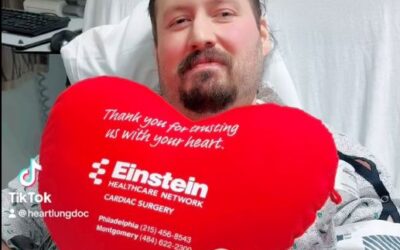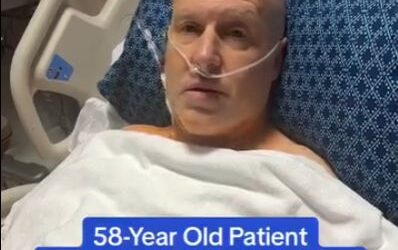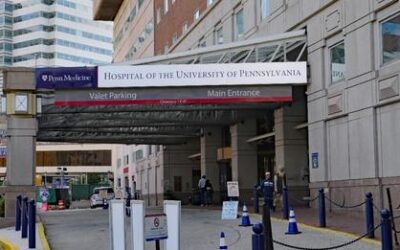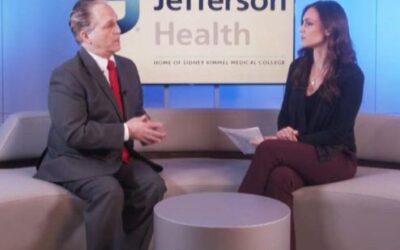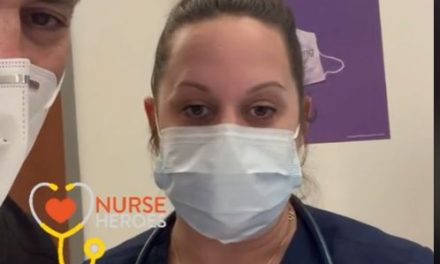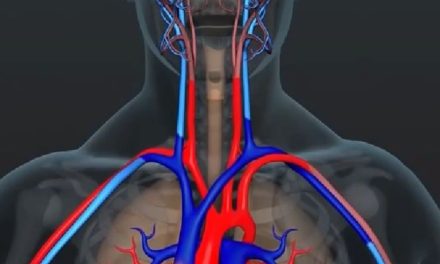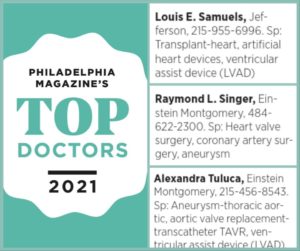Ischemic mitral regurgitation (MR) is a frequent complication of myocardial infarction (MI), doubling the risk of developing heart failure and mortality. Its primary mechanism is leaflet tethering due to disturbed left ventricular geometry from myocardial scarring and remodeling of the heart as a result of the MI.
The incidence in the U. S. is impressive. Approximately 1 million people are diagnosed with a MI annually, with 50% developing ischemic mitral regurgitation. In patients with viable myocardium, coronary bypass surgery may reverse the left ventricular remodeling and improve the MR.
Unfortunately, 50% of patients with moderate or severe ischemic MR will have persistence or worsening of their mitral regurgitation after revascularization alone, requiring mitral valve surgery.
In this heart failure population, studies have shown that performing a mitral valve repair, using a restrictive annuloplasty ring, regrettably results in a 50% chance of recurrent, severe MR, at long-term follow-up —which leads to even poorer long-term survival. Therefore, a chordal-sparing valve replacement will likely provide a more durable result —and better outcomes— over mitral valve repair, in these critically I’ll patients.
Based on the current literature, and my personal experience, my choice of intervention for severe ischemic mitral regurgitation is to place a bovine mitral prosthetic valve, with concomitant clip occlusion of the left atrial appendage, due to the high risk of postoperative atrial fibrillation.
With the advent of valve-in-valve trans-catheter mitral valve replacement (TMVR), the patient will have a percutaneous option should the prosthetic valve leaflets deteriorate in the future. Indeed, sometime in the future, TMVR may become the standard of choice for the primary mitral valve operation.
Recent Posts
Why Are We No Longer “Young at Heart”
With permission from the patient to post, this 38-year old man’s story is emblematic of a growing number of young adults suffering heart attacks from premature coronary artery disease. Why are we no longer “young at heart” in America? The Framingham Heart Study...
8k Cases Milestone
#8,000 is on the books! It’s an honor to have achieved this milestone across two esteemed healthcare institutions—Lehigh Valley Health Network and now at Jefferson Health. One thing I know for sure is that success in heart surgery can only come from the team that...
Handstand 10 Weeks After Surgery!
One of the most common questions of patients is to know what activities they can do after heart surgery. I tell them no driving for 4 weeks, no lifting more than 10 pounds for 10 weeks, but often I quip that once they are healed, “they can do handstands.” Apparently,...
Mitral Valve Repair Patient Talks About His Surgery
With permission from the patient to post, this 58-year old man was passionate about going to the gym daily, but he began to notice that he had decreasing exercise tolerance, along with worsening shortness of breath and a new persistent cough. He was found to have...
Jefferson Health: Ranking in 2024
Jefferson Health is ranked 46th out of 2,400 hospital systems in the world, 2nd in Pennsylvania, close by Penn. Looking back at my career, so fortunate to have graduated from Penn Med, trained at Department of Surgery at Thomas Jefferson University Hospital, and now...
Jefferson Heart Health: “The Heart of the Matter”
Below you can listen to my interview on CBS News Philadelphia with Ashley Harder on topics for Heart Month 2024. Recent PostsFeaturedPages Learn about heart valves. Heart Valves Read testimonials. Testimonials Did you know I have a...
Featured
Pages
- Learn about heart valves. Heart Valves
- Read testimonials. Testimonials
- Did you know I have a consulting firm? Singer Heart/Lung Consulting
- Check out my TedTalk! Defining Success
Links
- Links page with more information about your heart. Links
- Dr. Adam Pick's Site: heart-valve-surgery.com

